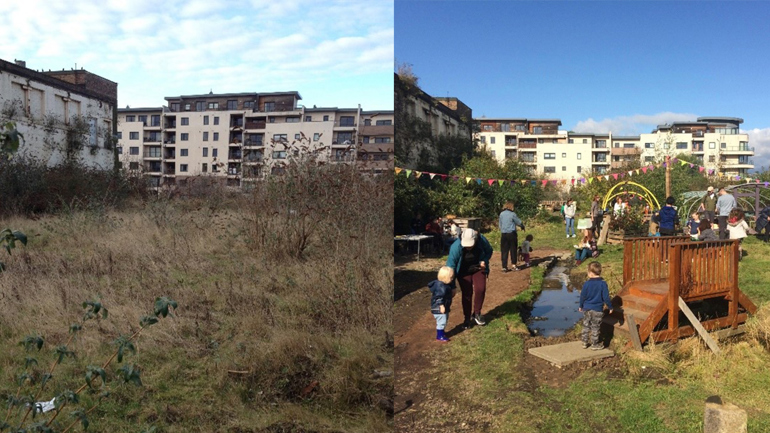RBGE provides a vital green space and acts as a hub for community projects. Many of our activities centre around building connections between people, plants and each other, and the physical, emotional and social benefits this generates.
A visit to any one of our four Gardens is an opportunity to relax, recharge and immerse oneself in nature. Visitors can witness a spectacular diversity of plants with highlights changing throughout the year. A keen eye will also spot a variety of native animals making their home in our living plant collections, from insect pollinators to birds, badgers and squirrels. No two visits are the same.
Our Garden in Edinburgh is free to enter and fully accessible, and provides 70 acres of green space within the bustling city. Each of our three regional Gardens hosts a distinct collection of plants to explore thanks to the different climates they experience and the unique landscape they are set in. Both on- and off-site we also run many projects which bring people together and closer to plants to foster inclusive and friendly communities, an appreciation for nature, and an awareness of local and global issues such as food security and climate change. Our Community Engagement programme is highly flexible, allowing interested groups to develop activities with us to meet their individual needs and vision.
On-site Health and Wellbeing projects
Many of our Gardens’ programmes and activities focus directly or indirectly on health and wellbeing:


